Big sell on late-model voice: six months of consultation after referendum
Indigenous leaders expect to take up to six months after the voice referendum to draw up the model for its execution.
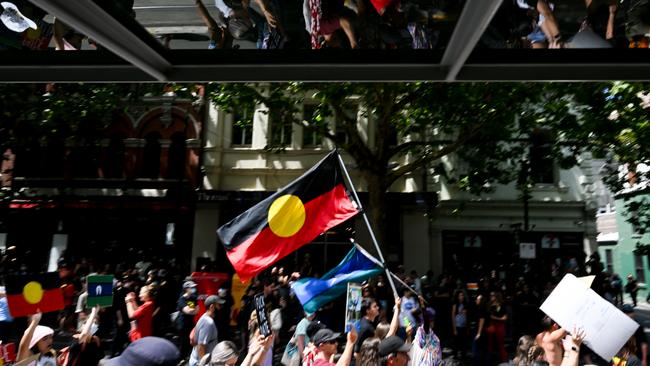
Indigenous leaders expect to take up to six months after the voice referendum to sort out a model for the advisory body, as architects of the landmark Uluru Statement from the Heart prepare a major pitch to try to bring Peter Dutton and the Liberal Party into the Yes campaign.
Some questions about the voice – such as how many people will sit on the proposed body – will not be settled until the government and Indigenous communities complete “a process of dialogue” into mid-2024.
The proposal will then go to a parliamentary committee before legislation is proposed to establish the form of the voice. The process will be thorough and invite contributions from all Australians but sources in the Albanese government have said the voice may not be operational until after the next federal election, due in 2025.
Anthony Albanese’s referendum working group – a collaboration of 21 senior Aboriginal and Torres Strait Islander leaders – will soon add to the eight known principles for the voice agreed to last September, including that it will not have a program-delivery function as ATSIC did before it was abolished by parliament in 2005.
There will also be what is described as a process of dialogue with the Indigenous community to follow a successful referendum. The Australian has been told this is so the community can drive the design of the voice before it goes to a parliamentary committee where the parliament supervises the legislative detail.
Uluru Dialogue co-chair Megan Davis, a Cobble Cobble woman from Queensland and Balnaves chair in constitutional law, said the working group was at the “business end” of its preparation for the national vote, to be held this year and were ready to pitch to the Liberals. “We really welcome meeting the Opposition Leader and Julian Leeser,” she said. “We’ve been working hard on referendum matters including detail for nearly six months.`’
The Australian understands the Opposition Leader has never received a full briefing on the Uluru process – a series of 12 meetings around Australia in 2017 that recorded the wishes of more than 1200 Indigenous Australians, many of them in remote communities who are rarely consulted.
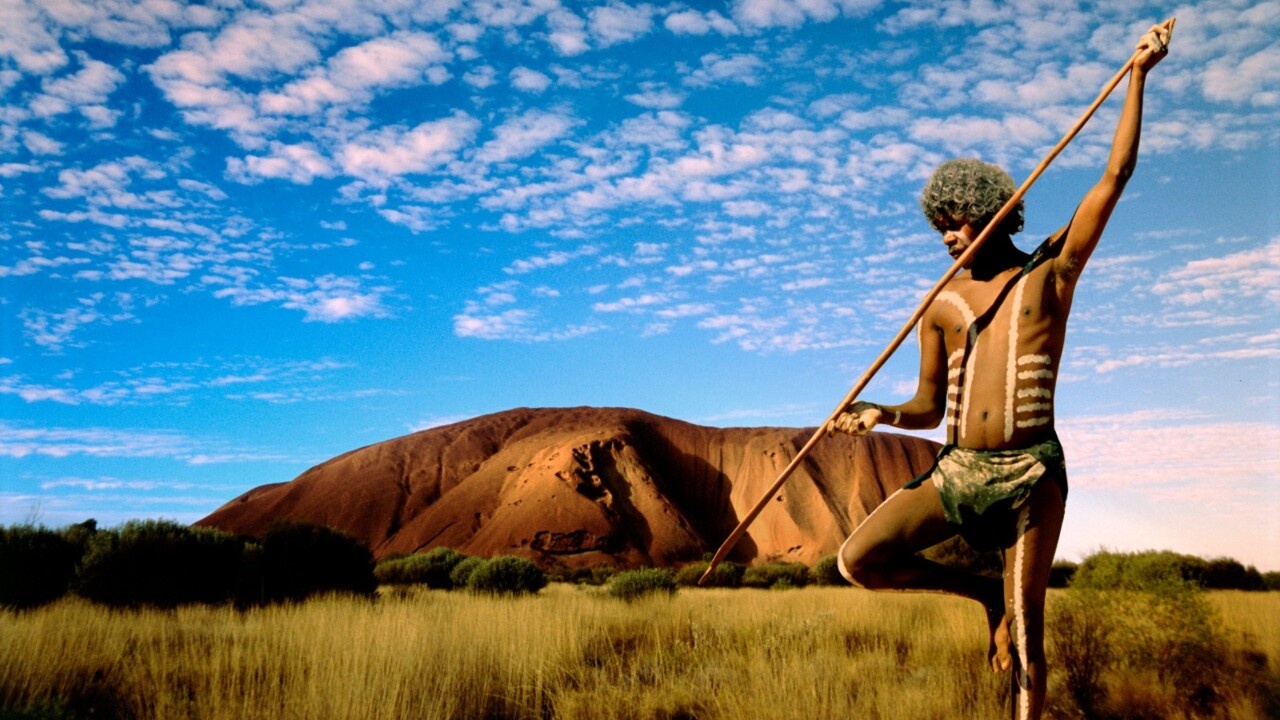
The result was the Uluru Statement from the Heart, which asks Australians for a First Nations voice enshrined in the Constitution and ends with the words: “We invite you to walk with us in a movement of the Australian people for a better future.”
Referendum working group members are hopeful they can win over Mr Dutton with a compelling presentation on Thursday that shows the voice is what Aboriginal and Torres Strait Islander people asked for as a form of meaningful constitutional recognition. Group members are also expected to tell him the voice is key to effective policy and closing the gap because it would give those who know their communities best a say on what works and what fails and why.
Mr Dutton will dial into the Canberra meeting by video link from Sydney, where he will attend cardinal George Pell’s funeral.
Opposition Indigenous affairs spokesman Julian Leeser, a longtime supporter of the voice, will also attend the meeting.
The referendum working group was appointed last year to provide advice to government on successfully implementing a referendum within this term of parliament and is considered important to the Yes campaign due to start with a “week of action” on February 20. “The working group issued communiques after every meeting to communicate to the Australian people the progress that has been made,” Professor Davis said.
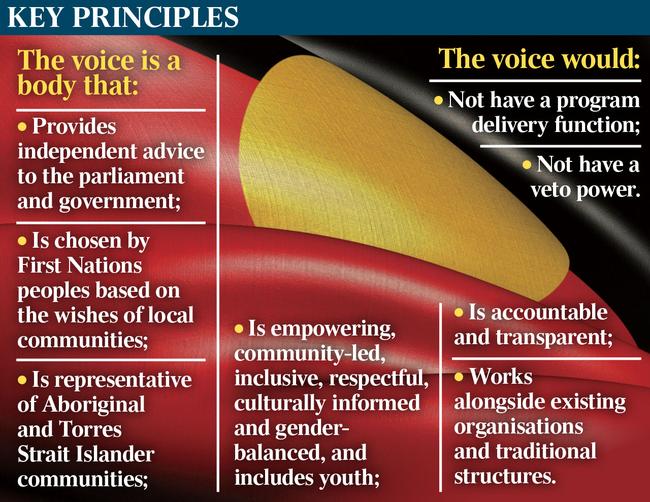
“We are now getting down to the business end of the referendum. We are working towards finalising that detail. We are looking forward to the week of action where Australians can start to engage in some detail and start having conversations about the voice to parliament and what the Uluru dialogues were all about.”
An almost 300-page report on the voice by professors Marcia Langton and Tom Calma – based on two years of work by 52 prominent Australians – has informed the eight principles for the voice published last September.
The referendum working group also considers two earlier voice reports relevant to its work. They are: the final report of the Referendum Council in 2017, which describes the call for constitutional recognition through a voice as “modest, reasonable, unifying”; and the 2018 joint select committee report by Mr Leeser and Labor senator Pat Dodson, who is now the special envoy for reconciliation and the implementation of the Uluru Statement from the Heart.
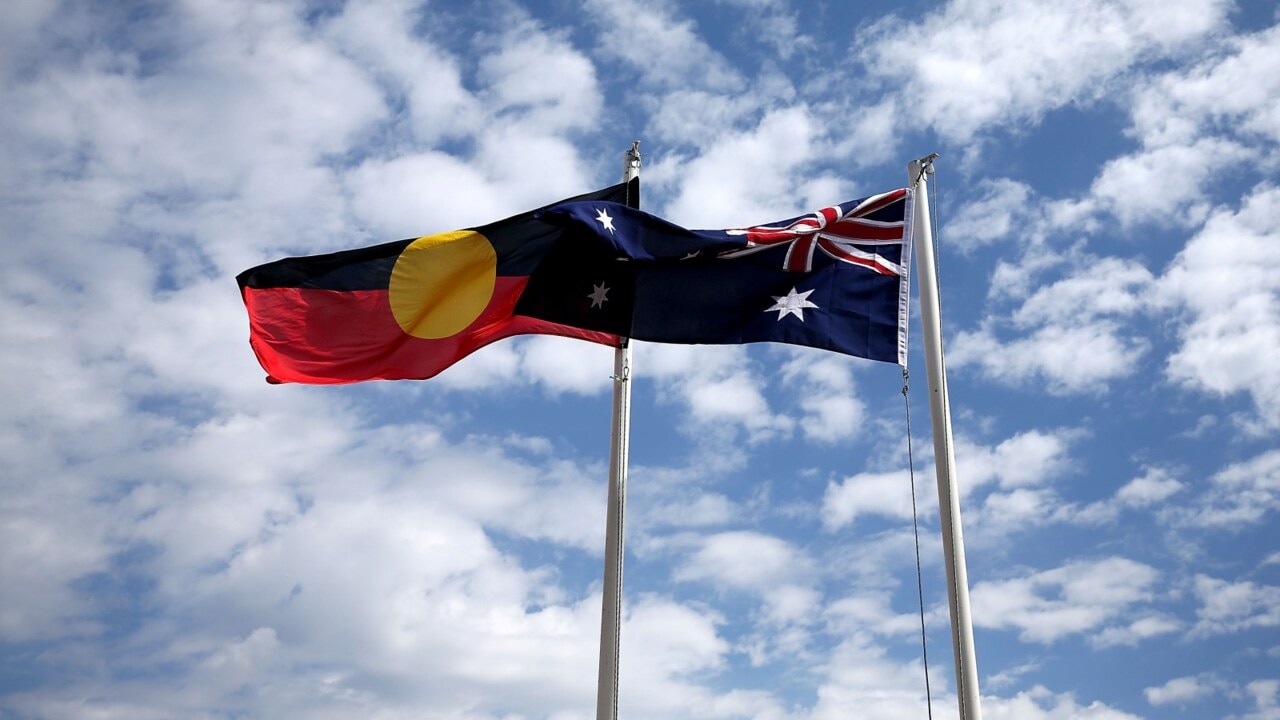
The joint select committee report endorsed the proposal for a voice and recommended “a process of co-design between government and Aboriginal and Torres Strait Islander peoples to determine the detail of the voice”.
It is expected more voice principles will be added to the list based on common elements drawn from the report of the Referendum Council, the Leeser-Dodson inquiry and the Calma-Langton report.
Mr Dutton accepted an invitation to meet the referendum working group after he demanded answers to 15 voice questions in a letter to Mr Albanese in January.
The Australian was told the Prime Minister, who lashed the letter as a “cheap culture-war stunt”, has not responded. The questions included who would oversee the voice and ensure it was accountable, how would members be elected, chosen or appointed, and whether the government would clarify the definition of aboriginality to determine who could serve on the advisory body.
Mr Leeser would not say what his expectations were or what he would ask the working group out of respect for its members.
Mr Albanese on Tuesday dismissed the No campaign’s call for migrants also to be recognised in the Constitution, saying the Federation of Ethnic Communities Councils of Australia and community leaders overwhelmingly supported the voice and the referendum.
The Greens party room could formalise a position on the voice as early as this week and is set to meet in coming days as it awaits confirmation from the government that Aboriginal and Torres Strait Islanders will not have to cede sovereignty under the constitutionally enshrined voice.
Assistant Indigenous Australians Minister Malarndirri McCarthy told the ABC’s Q&A on Monday the government had said on numerous occasions that First Nations people would not cede sovereignty.
From the Heart director Dean Parkin stressed the Yes campaign was about the principle of the voice, because the voice model would ultimately be a matter for parliament.



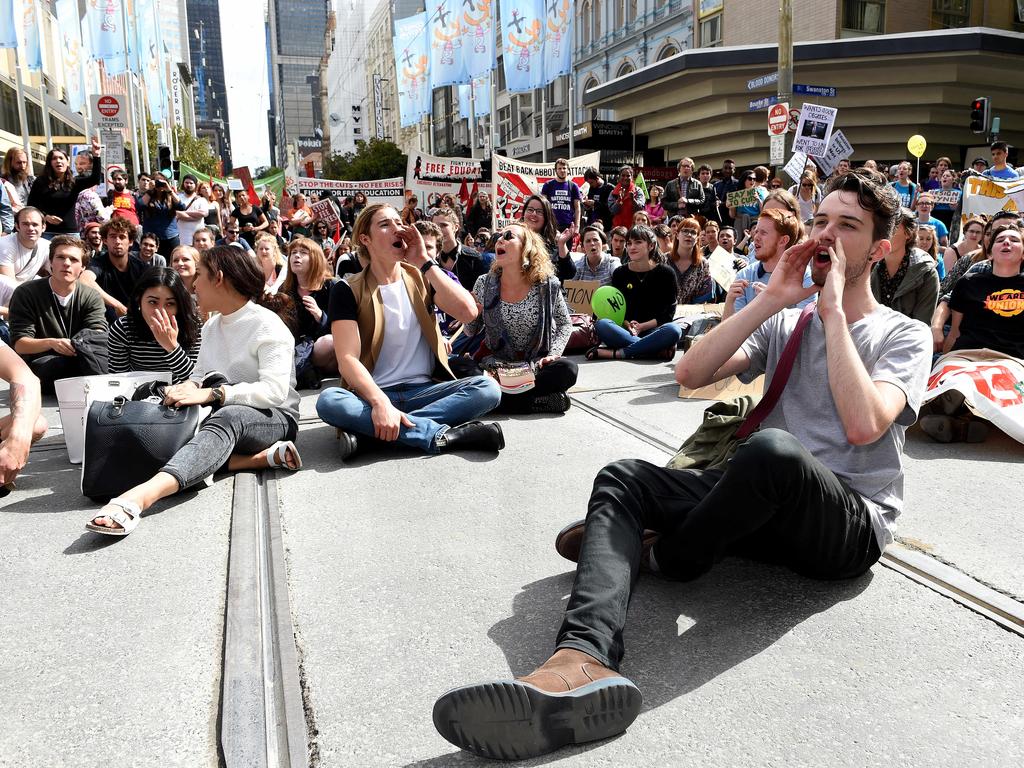



To join the conversation, please log in. Don't have an account? Register
Join the conversation, you are commenting as Logout